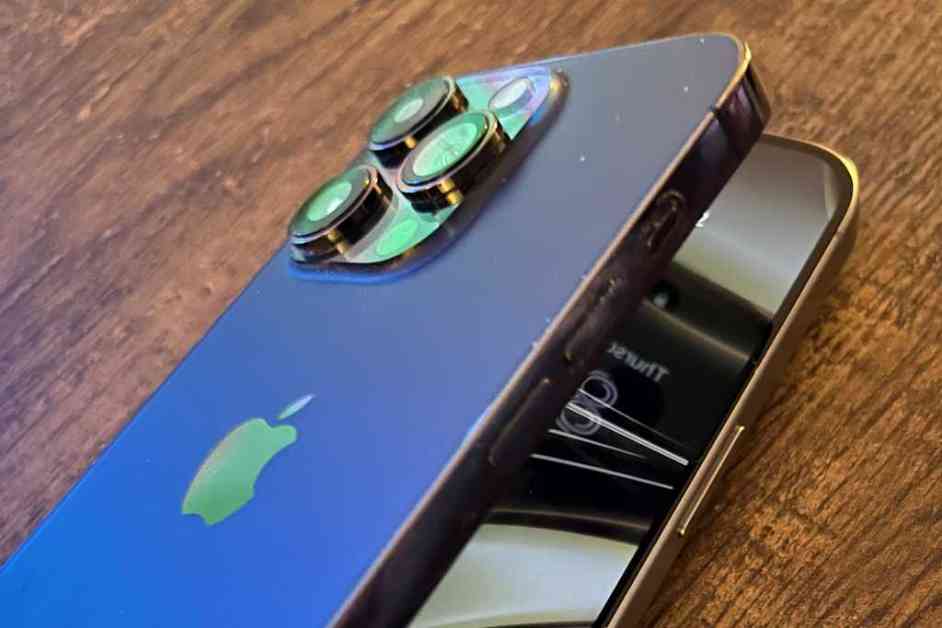Apple recently unveiled its latest iPhone 16 family at the “Glowtime” event, showcasing some new features like Apple Intelligence and Camera Control. However, while the iPhone 16 offers incremental upgrades, it falls behind its competitors when it comes to embracing the future of smartphones – folding technology.
Foldable phones have become increasingly popular, with brands like Google, Honor, Motorola, OnePlus, and Samsung releasing models that offer larger screens that can be folded into more compact sizes. The innovation seen in devices like the Huawei Mate XT Ultimate Design highlights the potential for foldable technology to revolutionize the smartphone industry.
The benefits of foldable phones are clear – they provide a larger display for media consumption and gaming when unfolded, while maintaining a compact size for portability when folded. This versatility offers users the best of both worlds, enhancing their overall experience with the device.
One of the key advantages of foldable phones is their ability to enable multitasking with ease. The flexibility to switch between different modes depending on the task at hand can greatly enhance productivity and entertainment. By introducing foldable technology, Apple could potentially bring the multitasking features of the iPad to the iPhone, opening up new possibilities for users.
As the smartphone industry evolves, foldable phones are driving innovation and pushing the boundaries of traditional smartphone design. While Apple has a history of innovation, its recent devices like the iPhone 16 have focused more on incremental upgrades rather than groundbreaking technology. Embracing foldable technology could be the key to reigniting excitement for Apple’s flagship device and propelling the iPhone into a new era of productivity.
With advancements in foldable display technology, durability, and interface design, foldable phones are becoming more practical and appealing to consumers. Apple has the resources and talent to lead the way in this space, and rumors suggest that the company has been exploring foldable devices. However, the focus has primarily been on foldable iPads or MacBooks, rather than a folding iPhone, which could be a missed opportunity to revolutionize the smartphone market.
In conclusion, while the iPhone 16 showcases Apple’s commitment to delivering a premium smartphone experience, embracing folding technology could be the next step in evolving the iPhone into a more versatile and innovative device. By introducing a folding iPhone, Apple could capture the imagination of consumers and set a new standard for smartphone technology in the years to come.












